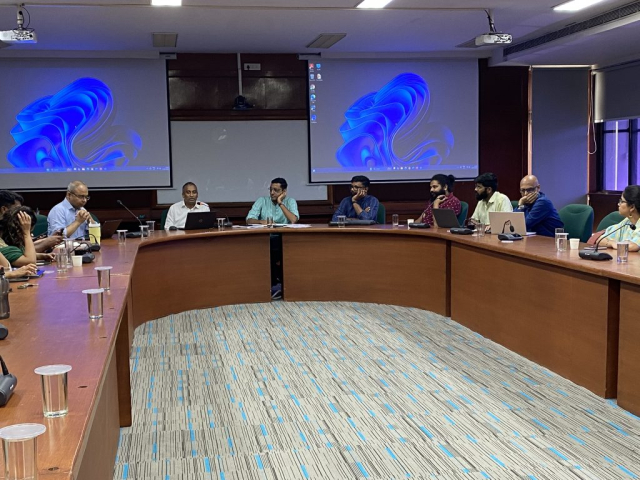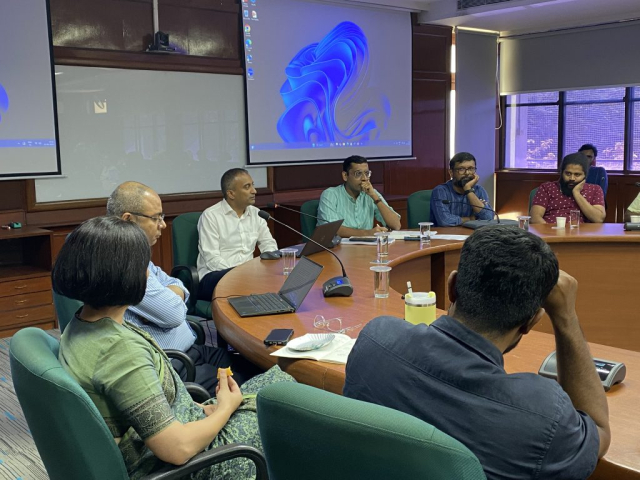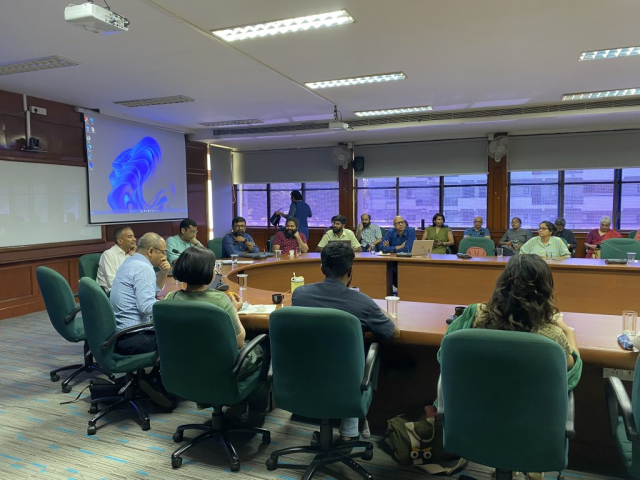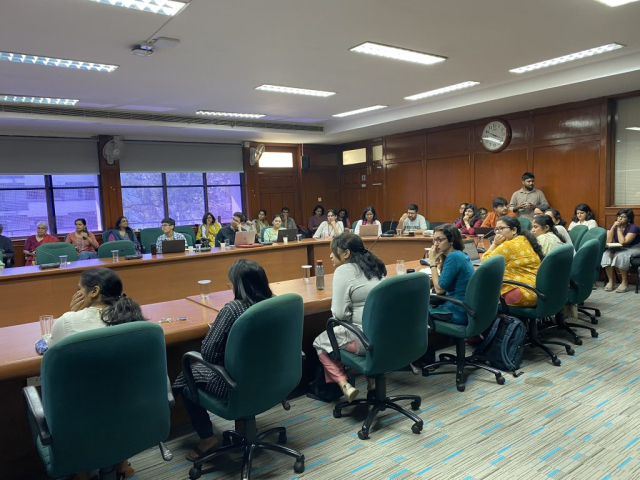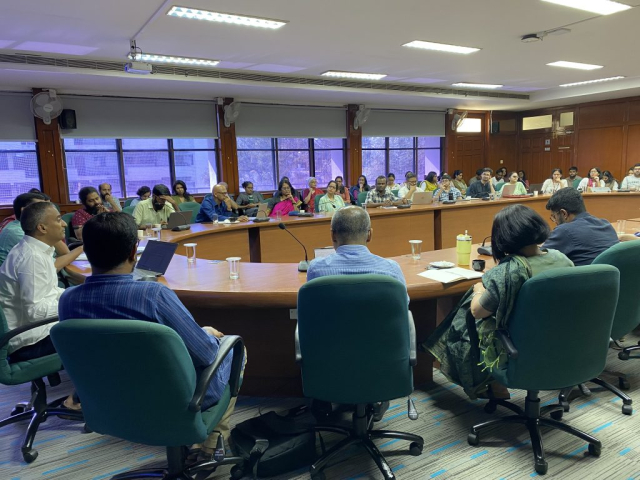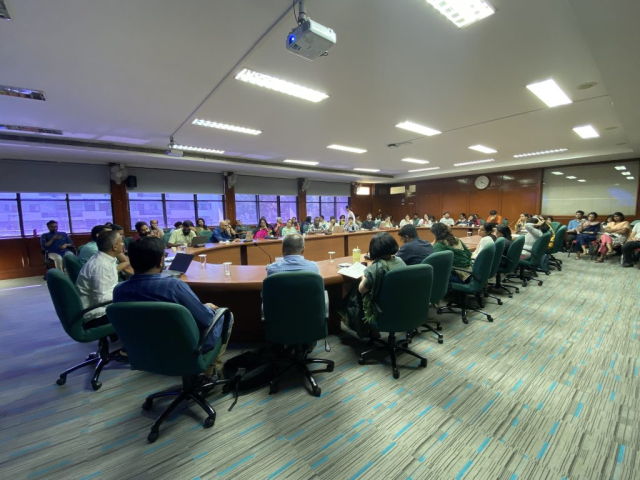NLS Faculty Seminar | Bench Constitutions And Case Assignments in the Supreme Court of India
Conference Hall, Ground Floor, Training Centre
Wednesday, March 12, 2025, 3:45 pm
In this week’s faculty seminar, Pranav Verma, Assistant Professor of Law, will present his paper titled ‘Bench Constitutions And Case Assignments in the Supreme Court of India.’ The seminar will be held on March 12, 2025, at the Ground Floor Conference Hall at NLSIU’s Training Centre at 3:45 pm.
Abstract
The Chief Justice of India in the Supreme Court (hereinafter, “the Chief Justice” or the “CJI”) and chief justices of state HCs (hereinafter, the “chief justice”) are considered as primus inter pares or the ‘first among equals’. This is because, even as their office is not envisaged to enjoy any primacy on the judicial side over the other puisne judges, they retain the overall administrative control of their courts. The most crucial aspect of this administrative control is the discretionary power to constitute benches and assign them cases. Ever since the press conference in 2018 by the then four senior most Judges of the Supreme Court of India (hereinafter, the “SCI”) after the Chief Justice, the prerogative of bench constitutions and case assignments in the SCI has come under constant public scrutiny. The exercise of the prerogative is shrouded in opacity, and the court on the judicial side has routinely dismissed petitions seeking transparency and reforms; instead, it has asked the petitioners to place “complete trust” in the Chief Justice; and upheld the discretion of bench constitutions and case assignments to be the “sole prerogative” of the Chief Justice. The exact contours of decision-making on constituting benches and the process flows governing assignment of cases to such benches, is thus not in the public domain. It is not clear what criteria govern the exercise of the prerogative of master of roster, and what systems are in place in this regard in the SCI as also the jurisdictional High Courts (hereinafter, ‘HCs’). The thesis demonstrates how the concentration of this crucial discretion with one individual presents significant concerns for the rule of law and judicial independence; and illustrates the rule of law problem with the current system of master of roster through original empirical research. The empirical research encompasses a quantitative and coding-based survey of 2,878 SCI cases, and qualitative interviews with twenty-nine former SCI judges (including four former CJIs).


